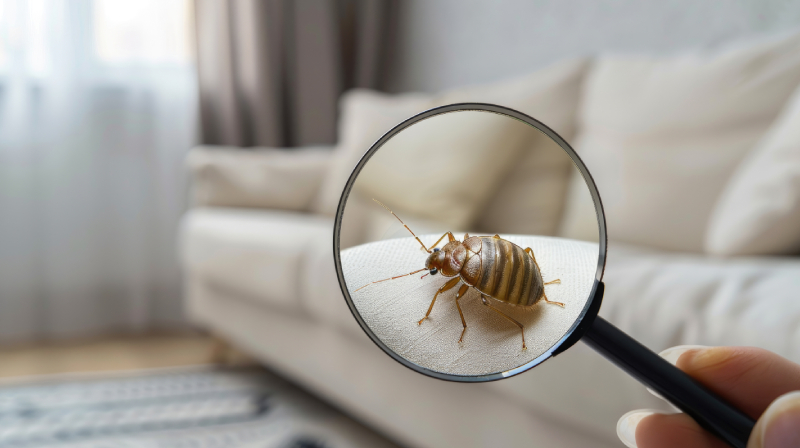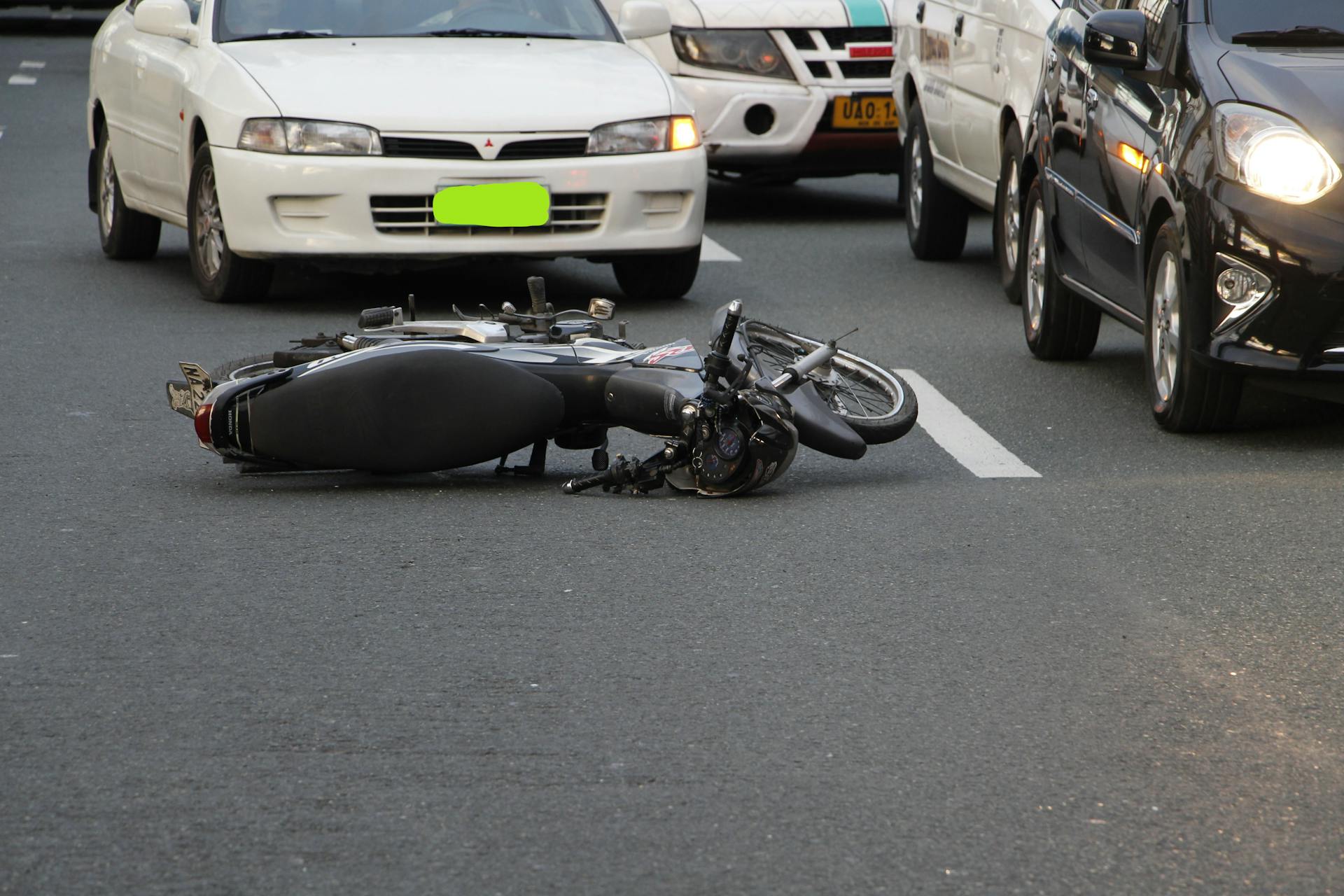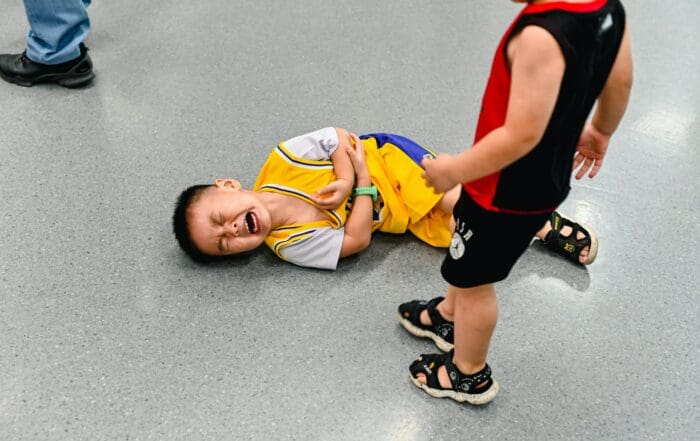
Understanding your rights and legal options is crucial when dealing with a premises liability claim. If you’ve suffered from bed bug infestations due to a property owner’s negligence in Florida, you may have grounds for legal action. This blog explores the ins and outs of bed bug liability, helping you confidently navigate the process.
What is a Premises Liability Case?
A premises liability case arises when a property owner fails to maintain a safe environment, leading to injuries or harm to others. Under Florida law, property owners are obligated to exercise reasonable care to ensure their premises are free from hazards. This includes protecting guests, tenants, or visitors from structural defects, inadequate security, or pest infestations like bed bugs.
For a successful claim, you must prove that the property owner knew or should have known about the dangerous condition (e.g., a bed bug infestation) and failed to address it. Evidence such as maintenance records, pest control reports, or eyewitness accounts can help establish this negligence.
What are the Different Types of Premises Liability Cases?
While bed bug liability is a specific category, many other types of premises liability cases exist in Florida. Common examples include:
- Slip and fall accidents: Hazards like wet floors, uneven sidewalks, or poorly lit areas often lead to these incidents.
- Negligent security: Insufficient safety measures, such as broken locks or lack of surveillance, may result in criminal acts.
- Swimming pool accidents: Property owners must ensure their pools are safe and meet state regulations.
- Toxic exposure: Mold, asbestos, or other harmful substances can also result in liability claims.
- Animal attacks: Owners of dangerous pets may be liable if their animals cause injuries.
Bed bug cases fit within this broader spectrum, focusing on the harm caused by infestations due to neglect of pest control or cleanliness standards.
What Damages Can I Claim in a Bed Bug Liability Case?
You may be entitled to various damages if you’ve suffered from a bed bug infestation. These can include:
- Medical expenses: Costs for treating bed bug bites, infections, or allergic reactions.
- Property damage: Reimbursement for furniture, clothing, or bedding ruined by bed bugs.
- Emotional distress: The mental anguish caused by dealing with an infestation, especially in severe cases.
- Lost wages: Compensation for missed work due to an infestation’s physical or emotional toll.
- Relocation costs: If the infestation made your living conditions uninhabitable, you might recover moving expenses.
Florida law allows you to pursue these damages, but it’s essential to document the harm caused by the infestation thoroughly. Photographs, medical records, and receipts for damaged property can strengthen your claim.
When to Take a Bed Bug Settlement
A bed bug settlement can be an efficient way to resolve your case without prolonged litigation. However, you should carefully evaluate any settlement offers to ensure they adequately compensate for your losses. Consider these factors before accepting a settlement:
- Does the offer cover all your medical bills, emotional distress, and property damage?
- Have you consulted with an attorney to assess the fairness of the settlement?
- Will additional expenses arise in the future, such as ongoing medical treatments or further pest control services?
In Florida, bed bug claims often settle outside of court, but an experienced attorney can help negotiate to secure the compensation you deserve.
Contact Us for Help with Your Premises Liability Claim
A premises liability claim involving bed bugs can be complex, but you don’t have to face it alone. The experienced bed bugs injury lawyers at Beregovich Law are here to guide you through every step, ensuring your rights are protected, and you receive the compensation you’re entitled to.
Contact us today for a consultation to discuss your case and take the first step toward holding negligent property owners accountable.






